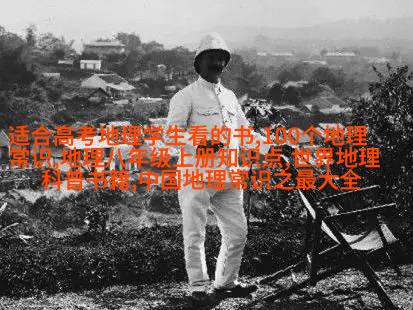How Does Your Body Work? A Journey Through Human Physiology for Curious Students

The human body is an incredible machine, capable of performing a multitude of tasks that are both fascinating and mysterious. For young learners, understanding how our bodies function can be a fun and rewarding experience. In this article, we will embark on a journey through the world of human physiology to explore some essential facts that every student should know.
Firstly, let's talk about the circulatory system. This network of blood vessels transports oxygenated blood throughout our bodies, providing energy to all our cells. Did you know that your heart beats around 2.5 billion times in your lifetime? That's equivalent to pumping over 1 million barrels of oil! The circulatory system also plays a vital role in regulating body temperature by allowing us to sweat when we get too hot or shiver when we're cold.

Next up is the respiratory system - responsible for bringing oxygen into our lungs and expelling carbon dioxide from them. Breathing is something we do without even thinking about it, but did you know that if you hold your breath for just one minute longer than normal during sleep, you could wake up with temporary paralysis? The respiratory system also helps us communicate by changing the pitch and volume of our voice.
Now let's dive into digestion - where food becomes fuel for our bodies! From chewing food with teeth made from minerals like calcium carbonate (the same stuff used in antacids) to breaking down proteins with enzymes produced in glands called salivary glands; there's so much going on inside your mouth before even swallowing!

But what happens after food enters the stomach? It gets mixed with digestive juices containing acids strong enough to dissolve metal nails! These juices help break down proteins into smaller pieces called peptides which then pass through tiny holes called pores at the base of each glandular cell lining the small intestine walls – kinder than they sound though as these pores allow nutrients like amino acids & sugars directly absorbed straight into bloodstream bypassing liver detoxification process saving precious time!
Finally let’s not forget about nerve impulses traveling along neurons carrying messages between brain cells while creating memories via synapses formed by neurotransmitter release following electrical signals generated within neuron dendrites – pretty cool huh?

In conclusion learning about human physiology can be quite an adventure filled with interesting facts and figures waiting to be discovered! So next time someone asks "how does my body work?" feel free share some knowledge gained here today – who knows maybe future scientists might use insights learned here create new medicines or treatments improving lives worldwide!
标签: 地理八年级上册知识点 、 适合高考地理学生看的书 、 中国地理常识之最大全 、 世界地理科普书籍 、 100个地理常识



